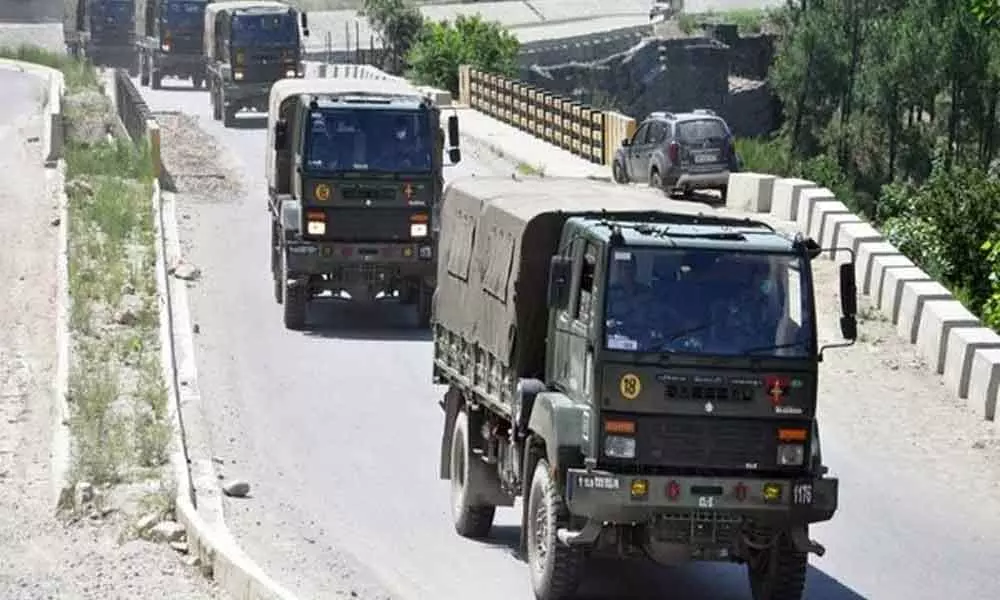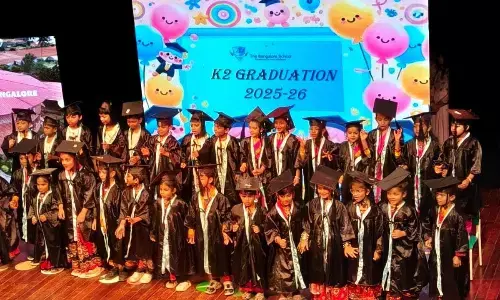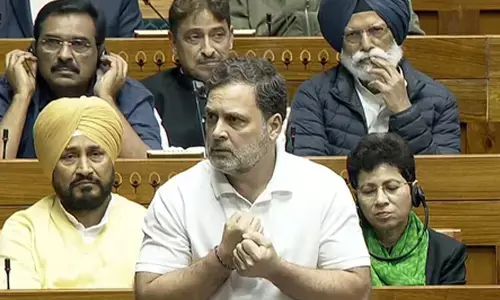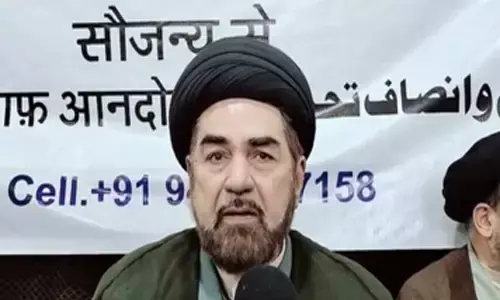India-China military talks last for around 16 hours

India-China military talks last for around 16 hours (Image credit:PTI)
India and China held extensive deliberations on expanding the disengagement process in eastern Ladakh at the 10th round of the military talks that lasted for around 16 hours, official sources said on Sunday.
New Delhi: India and China held extensive deliberations on expanding the disengagement process in eastern Ladakh at the 10th round of the military talks that lasted for around 16 hours, official sources said on Sunday.
The Corps Commander-level talks at the Moldo border point on the Chinese side of the Line of Actual Control began at around 10 am on Saturday and ended at 2 am on Sunday, they said.
The sources said the focus of the talks was to take forward the disengagement process in friction points like Hot Springs, Gogra and Depsang in eastern Ladakh.
However, there was no official word on the talks so far.
The talks took place two days after both militaries concluded withdrawal of troops and weapons from North and South banks of Pangong Tso in the high-altitude region.
In the talks, India is learnt to have insisted on a faster disengagement process in areas like Hot Springs, Gogra and Depsang to bring down tension in the region.
On Saturday evening, sources had said that bringing down the tension in the region was the broad priority of the talks. India has all along been maintaining that disengagement at all the friction points was necessary to de-escalate the situation in the region.
On February 11, Defence Minister Rajnath Singh announced in Parliament that India and China reached an agreement on disengagement in the North and South banks of Pangong lake that mandates both sides to "cease" forward deployment of troops in a "phased, coordinated and verifiable" manner.
Under the agreement, he said China will pull back its troops to east of Finger 8 areas in the northern bank of Pangong lake while the Indian personnel will be based at their permanent base at Dhan Singh Thapa Post near Finger 3 in the region. Similar action would take place on the south bank of the lake as well, he said.
The sources said troops of both sides have retreated to positions in line with the agreement.
The disengagement process began on February 10.
The Indian delegation at Saturday's talks was led by Lt Gen PGK Menon, the Commander of the Leh-based 14 Corps.
In his statement in Parliament, the defence minister also said that it was agreed to convene the next meeting of senior commanders of both sides within 48 hours of completion of the disengagement in the Pangong lake areas so as to resolve all other remaining issues.
Days later, the defence ministry said other outstanding "problems" including in Depsang, Hot Springs and Gogra will be taken up at the upcoming talks between military commanders of the two countries.
The border standoff between the Indian and Chinese militaries erupted on May 5 following a violent clash in the Pangong lake areas and both sides gradually enhanced their deployment by rushing in tens of thousands of soldiers as well as heavy weaponry even as the two sides continued military and diplomatic talks.
Last year, the Chinese military built several bunkers and other structures in the areas between Finger 4 and 8 and had blocked all Indian patrols beyond Finger 4, triggering strong reaction from the Indian Army.
In the nine rounds of military talks, India had specifically insisted on withdrawal of Chinese troops from Finger 4 to Finger 8 on the North bank of Pangong Lake. The mountain spurs in the area are referred to as Fingers.
On its part, the Chinese side was insisting on withdrawal of Indian troops from several strategic peaks on the southern bank of the lake. Around five months back, Indian troops occupied a number of strategic heights in the Mukhpari, Rechin La and Magar hill areas around the southern bank after the Chinese PLA attempted to intimidate them in the area.










